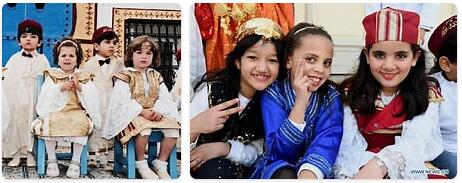Tunisia 2014
Yearbook 2014 Tunisia. In January, Parliament adopted a new constitution and the country also got a new transitional government consisting of technocrats and party-politically independent persons. Tunisia population in 2020 is estimated at 11,818,630....
